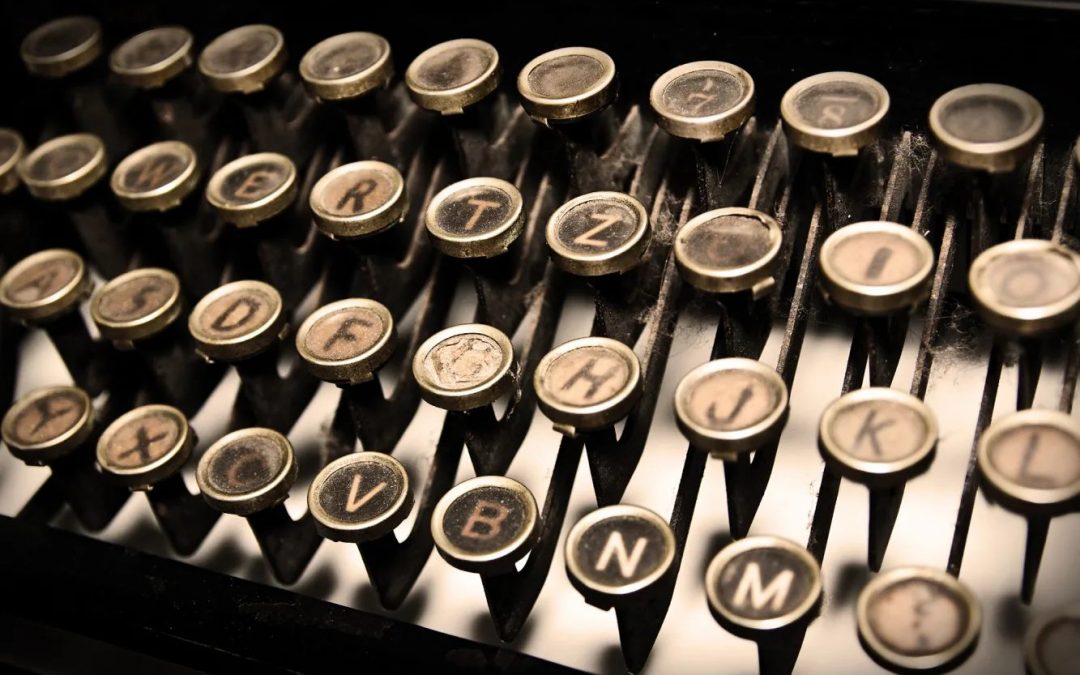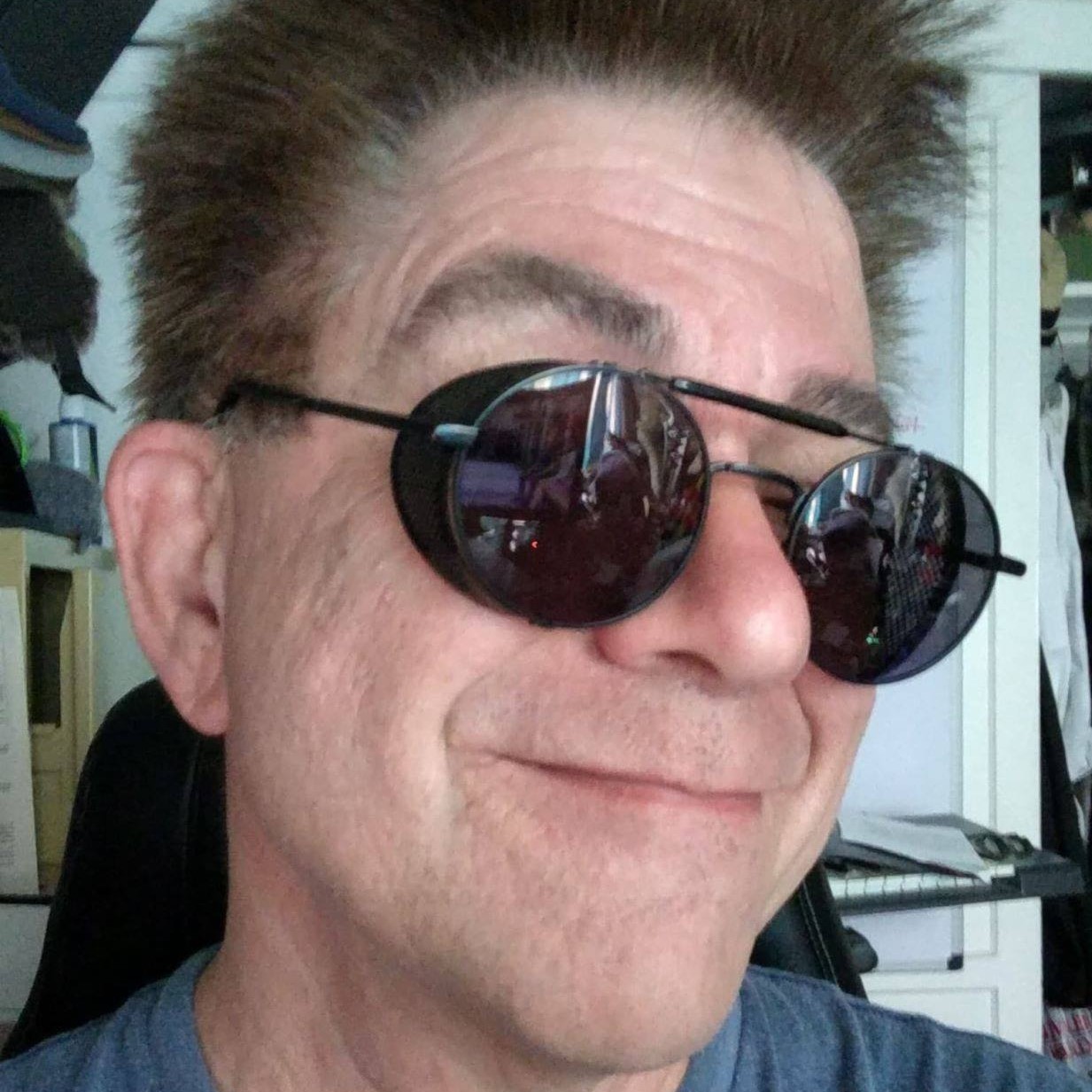
Statements About Questions Are Not Questions
Here’s a pet peeve of mine: the use of a question mark when you are actually making a statement about your query or curiosity.
For example, I wonder if it will rain tomorrow. Note the lack of a question mark.
Most would write, “I wonder if it will rain tomorrow?” This isn’t a question, it’s a statement. I wonder if it will rain tomorrow.
If I’m asking a question, I would frame it this way:
“I wonder, will it rain tomorrow?”
I’ve asked an actual question, and therefore I use a question mark. So why does this bother me so much?
Because it’s a sign of intellectual laziness, not of just one person, which is bad enough on its own, but of English speakers as a whole. If people keep doing it, it will become part of the definition of the language to do this, but it flies in the face of logic. The fact that this is a happening isn’t so bad on its own, but it is symptomatic of larger flaws in our society, a sort of erosion of the principles of reason in what we sometimes tout as the Age of Reason.
When I told a friend about my concerns, she said, “My English teacher insisted that was a question and needed the ? mark.”
I replied that her English teacher was quite wrong, and here is why:
The sentence structure belies that. If you replace the object, subject and conjunction but retain the grammatical structure of the sentence, you can derive something like, “I depend on it to rain.” It’s still not a question, and the sentence structure is not a question. There’s no querant in either case. Simply stating “I wonder” does not make it a question, any more than using any other verb in that sentence structure. It’s a statement about wondering, not a question in and of itself.
The word “wonder”, in this case, is a subjunctive verb. The English subjunctive is a special, relatively rare verb form that expresses something desired or imagined. We use the subjunctive mainly when talking about events that are not certain to happen. For example, we use the subjunctive when talking about events that somebody wants to happen, or anticipates will happen.
Statements do not get question marks, therefore the sentence “I wonder if it will rain tomorrow” does not get one. Q.E.D.
The counterpoint to this is that there is a difference between expository writing and dramatic writing. The question mark indicates the tone of the speaking character’s voice, because the character does indeed intend it to be a question. My friend Joseph Ksander commented:
“This is not a spoken english problem, but a written one. ‘I wonder if it will rain tomorrow’ is in the first person, and has narrative value. And one would argue that the tone of the statement is interrogative (it absolutely is). So when writing, especially in narrative, we are allowed a certain amount (quite a lot) of poetic license to give words and phrases meaning beyond the literal. By giving ‘I wonder if it will rain tomorrow?’ an interrogative mark, we give the reader a hint of how it would sound coming out of a character’s mouth. It has the feeling of a question, and writing is at least as concerned with creating feeling as it is with conveying meaning.”
There is, as Joe points out, a difference between the written word and the spoken word, and using the written word to illuminate the spoken word.
I doubt that my words will have much of an affect. One can only hope that reasonable voices are occasionally heard, but Joe is right, it all depends on context.
I wonder what will happen.

Recent Comments